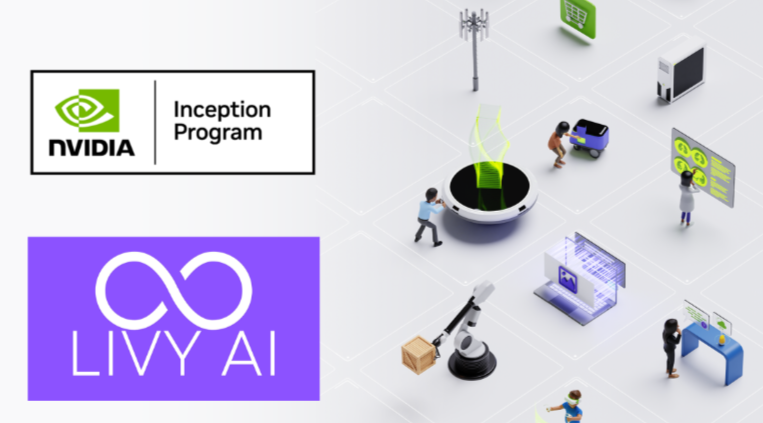
In the rapidly evolving world of film and television, the introduction of AI screenwriters has been nothing short of revolutionary. These advanced tools can generate scripts in a fraction of the time it takes a human, and their potential for customization and adaptability is immense. However, as with any technological advancement, there are ethical considerations to bear in mind. In this article, we'll delve deep into the ethical landscape surrounding the use of AI screenwriters.
1. Bias and Representation
One of the most pressing ethical concerns with any AI, including AI screenwriters, is the potential for bias.
-
Training Data: An AI screenwriter is only as good as the data it's trained on. If this data lacks diversity or is skewed towards particular narratives, the AI will produce content that mirrors these biases.
-
Historical Biases: The world of cinema isn't free from biases. If an AI screenwriter is trained predominantly on older films, it might inadvertently perpetuate outdated stereotypes and narratives.
2. Authenticity and Originality
Another significant ethical consideration is the authenticity and originality of the content produced by an AI screenwriter.
-
Human Touch: Can a machine truly replicate the depth of human emotion, experience, and creativity? While AI screenwriters can produce content, there's an ongoing debate about whether they can match the authenticity of human-generated narratives.
-
Plagiarism Concerns: Given that AI screenwriters draw from existing content, there's a potential risk of inadvertently replicating existing narratives or dialogues.
3. Job Displacement
The rise of AI screenwriters also brings forth concerns about job displacement within the scriptwriting community.
- Collaboration vs. Replacement: While many view AI screenwriters as tools that can assist human writers, others fear they might replace them, leading to job losses in the industry.
4. Moral and Cultural Sensitivity
AI doesn't possess morals, emotions, or cultural understanding in the way humans do.
- Ethical Storytelling: There's a risk that AI screenwriters, if not properly trained, might produce content that's insensitive or even offensive, lacking the moral compass that human writers bring to their work.
5. Data Privacy
Using AI screenwriters also raises concerns about data privacy.
- User Data: If an AI screenwriter is cloud-based and learns from user inputs, there's a potential risk of user data being stored, shared, or misused.
Conclusion
The advent of AI screenwriters is undoubtedly exciting, promising efficiency, adaptability, and a new frontier in scriptwriting. However, it's crucial to navigate this landscape with a keen awareness of the ethical considerations at play. By doing so, we can harness the power of AI screenwriters responsibly, ensuring that the world of cinema remains diverse, authentic, and ethically sound.
Livy.AI: Leading the Charge in Ethical AI Screenwriting
While the potential of AI in scriptwriting is vast, the challenges are real. At Livy.AI, we're not just aware of these challenges; we're actively addressing them.
Why Livy.AI is Different:
-
Diverse Data Foundations: We ensure our AI models are trained on a vast and diverse range of scripts, encompassing various cultures, traditions, and voices. This foundation ensures the narratives generated are globally resonant and representative.
-
Bias Detection Mechanisms: Our proprietary algorithms are designed to identify and challenge prevailing stereotypes and biases. By doing so, we aim to craft characters and plots that offer fresh, unbiased perspectives.
-
Human-AI Synergy: At Livy.AI, we believe in the power of collaboration. Our platform is designed to be a tool for human writers, allowing them to harness the efficiency of AI while infusing the content with human empathy and creativity.
-
Continuous Feedback Loop: We're always learning. By incorporating feedback from a diverse community of writers and filmmakers, we continuously refine our models to reduce biases and improve representation.
The future of film is diverse, inclusive, and global. With Livy.AI, you're not just getting an AI screenwriting tool; you're partnering with a platform committed to ethical, representative, and groundbreaking storytelling.
Join the Livy.AI community today and be a part of the movement that's redefining the future of cinema. Together, let's craft narratives that matter.

